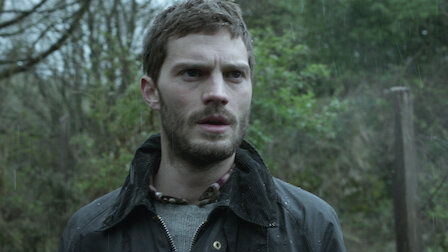

But after 2001, film became an afterthought, both for the government in Kabul and the Western embassies who poured millions into questionable and mismanaged projects, said Karimi.īy busying talented filmmakers with projects, contract work and outside productions, Karimi said Western filmmakers created a space where they dictated the narrative around a country of more than 30 million people and Afghans themselves just became crew members on productions ostensibly about their country. At the time, most of these filmmakers were operating on bare-bones budgets and working with small rag-tag teams of actors. This is despite the fact that in the 1960s and 1970s, Afghanistan was home to a small, but productive film industry that created everything from historical epics to cultural and historical documentaries and communist-mandated propaganda films.

“Instead of helping Afghan cinema, they hurt it.” Rather than creating a space like post-war Italy, where the neorealist movement allowed auteurs to shoot on the streets with mostly untrained actors in order to tell the stories of a society struggling to rebuild itself amid poverty and destruction, Karimi said the 20 years of Western intervention saw little investment in Afghan cultural production. This, said Karimi, created a system where the narratives around Afghanistan were almost entirely dictated from the outside. “The filmmakers who did have some talent, were put to work in service of embassies and NGOs, rather than being given a chance to really hone their own skills,” said Sahraa Karimi, a noted Afghan filmmaker who headed the Afghan Film Directorate in the final years of the Western-backed government. Long before the Taliban’s takeover, Afghanistan’s own film industry was struggling to hold its own against Western-funded and created projects that often relied on Afghan crews and actors, but still failed to convey the complexities of the nation itself.

He said the reality was that the evacuations were in large part about “Afghans helping other Afghans”, but that, the stories Gyllenhaal, Hardy and Tatum were setting out to tell are ones that “washes America’s hands” of responsibility for what has befallen the nation since August. “We all know people who spent countless days and weeks filling out visa forms and trying to get charter flights, the real heroes are the Afghans who spent hours and hours learning immigration law overnight,” Baluch continued. A Taliban fighter stands guard at a market in Kabul.


 0 kommentar(er)
0 kommentar(er)
